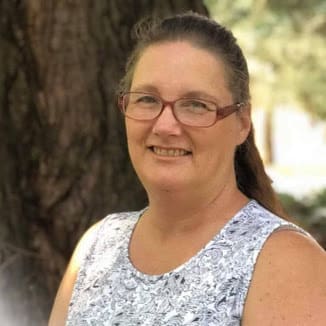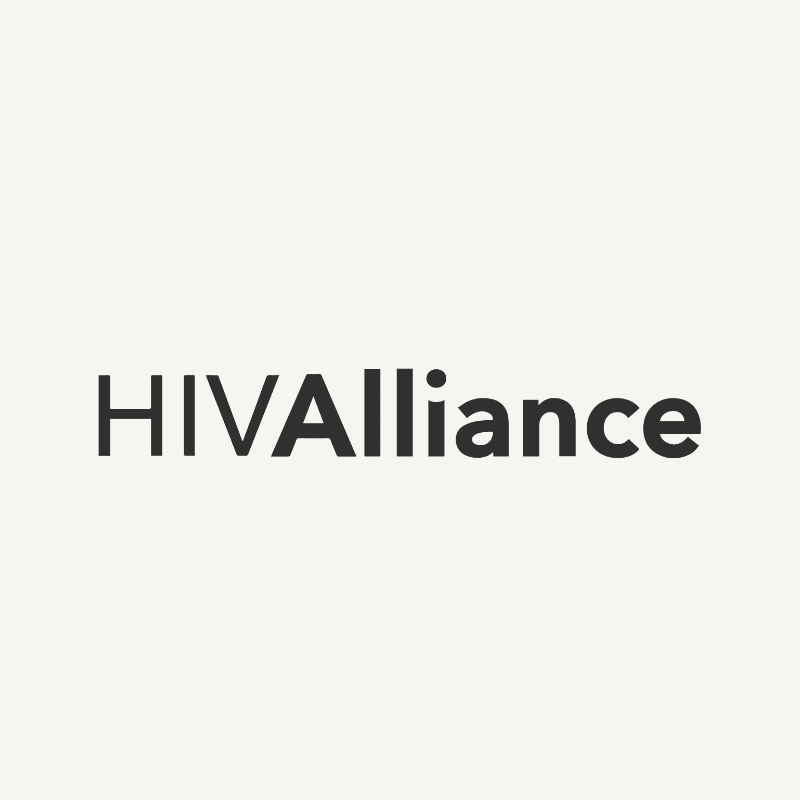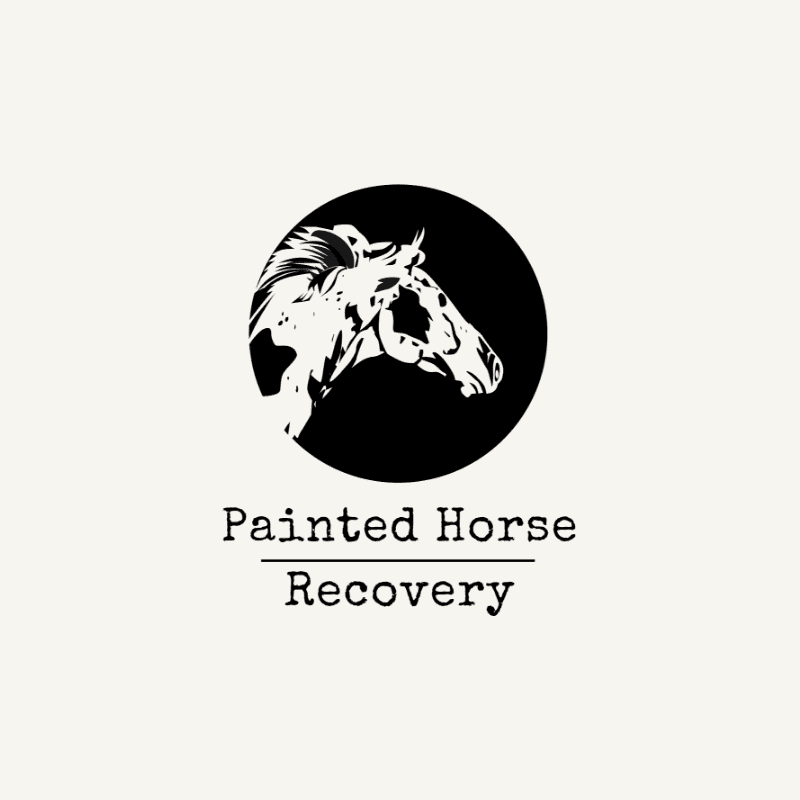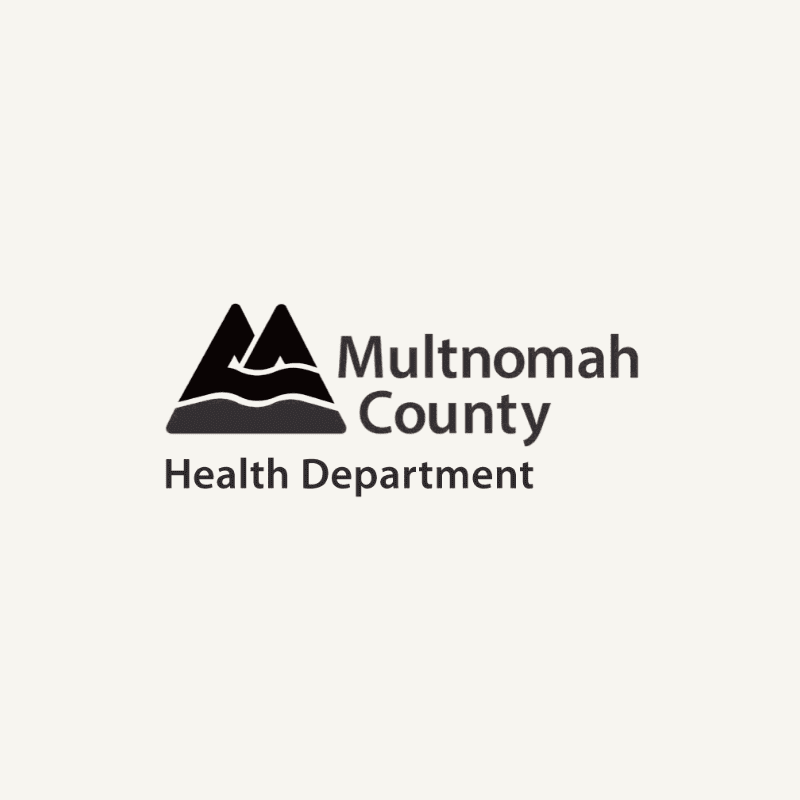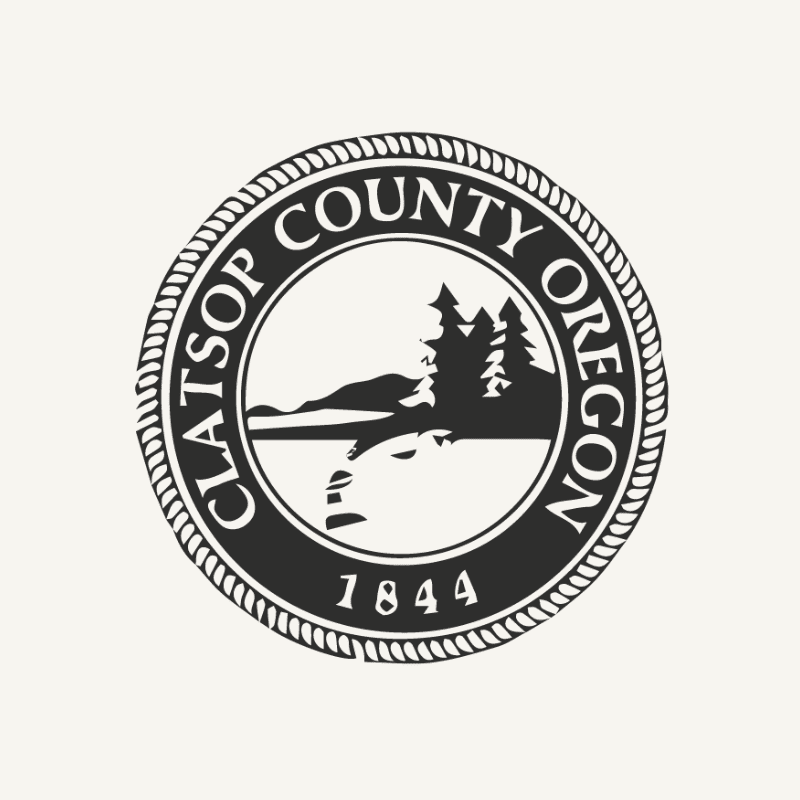Mariah Wright manages three drop-in peer support centers in Umatilla and Union counties, operated by the Community Outreach Prevention and Engagement Services (COPES). These centers provide essential resources, including access to showers, laundry, food, and referrals to services.
“Our primary goal is to keep our folks from dying by ensuring they have access to low-barrier services,” Wright says.
COPES is part of the Oregon Washington Health Network, a Save Lives Oregon partner. Wright said COPES benefits most from naloxone and harm reduction education materials.
“We run out of naloxone pretty quick,” Wright said. “People know we have it for them. It’s $45 for a box of two doses at the pharmacy. Having it paid for by the state has helped us immensely.”
Peer support specialists play a crucial role in helping people facing addiction or mental health challenges. As non-clinical support providers, they assist individuals in navigating treatment systems, accompany them to recovery meetings, and encourage them to make healthier choices. Because they have lived through similar struggles, they foster deep, trusting relationships with those they help.
“We assess where they’re at and what their immediate needs are,” Wright says. “Our goal is to keep them alive and build trust, so they know they have someone to lean on.”
Wright’s journey into peer support began while working as a medical receptionist for COPES. She was immediately drawn to the work.
“I just wished I had that kind of support when I was in my addiction,” she says.
Instead, she remembers her addiction journey as isolating and filled with shame. Determined to be the kind of support she once needed, Wright pursued a path as a peer support specialist — one that ultimately led her to a leadership role.
“I wanted to be the person who lifts someone up, shows them compassion, and supports them,” she says.
One of the most critical services COPES peers provide is meeting individuals at the jail upon their release. Studies show that people leaving incarceration face a tenfold higher risk of overdose death.

